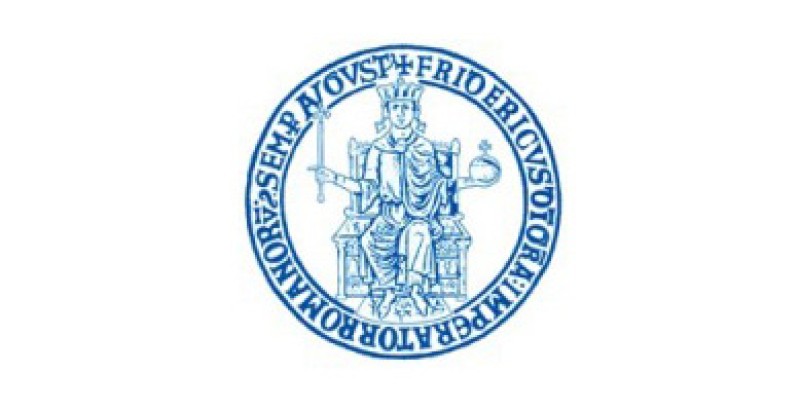Sub-theme 02: (SWG) Trusting: The Practices and Process of Organizational Trust
Call for Papers
Organizational trust is expressed in the practices and processes that the members of an organization, or organizations
as collective actors, engage in. These practices build, maintain, mobilize, prevent, destroy or repair the trust within and
between organizations over time. Manifestations of organizational trust are not fixed but constantly evolving, shaped by prior
trust as well as by new and ongoing influences and dynamics on organizational relationships. This final, sixth sub-theme of
the Standing Working Group (SWG) on "Organizational Trust" sets out to systematically deepen and extend understanding of the
practices and process of organizational trust by bringing together researchers who can offer theoretical and empirical insights
on this topic.
While scant research has explicitly examined trust from a practice or process theory perspective,
existing research provides several insights of relevance. The notion of 'trust as process' typically refers to the temporal
and relational nature of trust and how trust changes and evolves (e.g. Nooteboom, 1996). Early work included examinations
of the dynamics of trust (e.g. Zand, 1972) and stage models of trust building that suggested trust changes its quality as
the relationship between trustor and trustee evolves (e.g. Lewicki & Bunker, 1996). However, much of this existing research
focuses on interpersonal trust and it is unclear how trust as process translates to the organizational level and organizational
referent (see Jagd, 2010; Möllering, 2013).
Scholars like Deutsch (1973) and Garfinkel (1967) started by linking
trust to patterns of social interaction and the notion of 'practices of trust' refers first of all to the link between trust
as attitude and trust as behaviour which – when meaningfully and regularly linked – constitutes patterns of action that can
be termed 'practice'. In organizations, it is important that individual practices become social practices by being recognizable
and reproducible among those who interact with each other. The second step is to investigate to what extent these practices
are supported by organizational rules, culture, structure and resources and hence, to what extent they are institutionalized
and taken for granted.
This sub-theme encourages scholars to delve deeper into the idea that trust is a matter
of process and practices. We call for theoretically and methodologically sophisticated and at the same time 'relevant' research
that deeply engages with how organizations build, support and repair trusting interactions among individual and collective
actors. This can be extended to field-level analyses of practices in a sector or industry, as well as comparative studies
of organizational trust practices and processes in different contexts. Potential questions that could be addressed include:
- How do trust and distrust as processes and practices develop, evolve and change in organizations over time?
- How does habitual trusting evolve, and how is it sustained (or questioned) by sensemaking in the organizational context?
- How do organizational trust violations occur and what practices prevent such violations or facilitate trust restoration and repair?
- How can we model a dual-process view of trusting?
References
- Deutsch, M. (1973): The Resolution of Conflict. New Haven, CT: Yale University Press.
- Garfinkel, H. (1967): Studies in Ethnomethodology. Englewood Cliffs, NJ: Prentice Hall.
- Jagd, S. (2010): "Balancing trust and control in organizations: towards a process perspective." Society and Business Review, 5 (3), 259–269.
- Lewicki, R.J., & B.B. Bunker (1996): "Developing and maintaining trust in work relationships." In: R. Kramer & T.R. Tyler (eds): Trust in Organizations: Frontiers of Theory and Research. Thousand Oaks, CA: SAGE Publications, pp. 114–139.
- Möllering, G. (2013): "Process views of trusting and crises." In: R. Bachmann & A. Zaheer (eds): Handbook of Advances in Trust Research. Cheltenham: Edward Elgar, pp. 285–305.
- Nooteboom, B. (1996): "Trust, opportunism and governance: A process and control model." Organization Studies, 17 (6), 985–1010.
- Zand, D.E. (1972): "Trust and managerial problem solving." Administrative Science Quarterly, 17 (2), 229–239.


